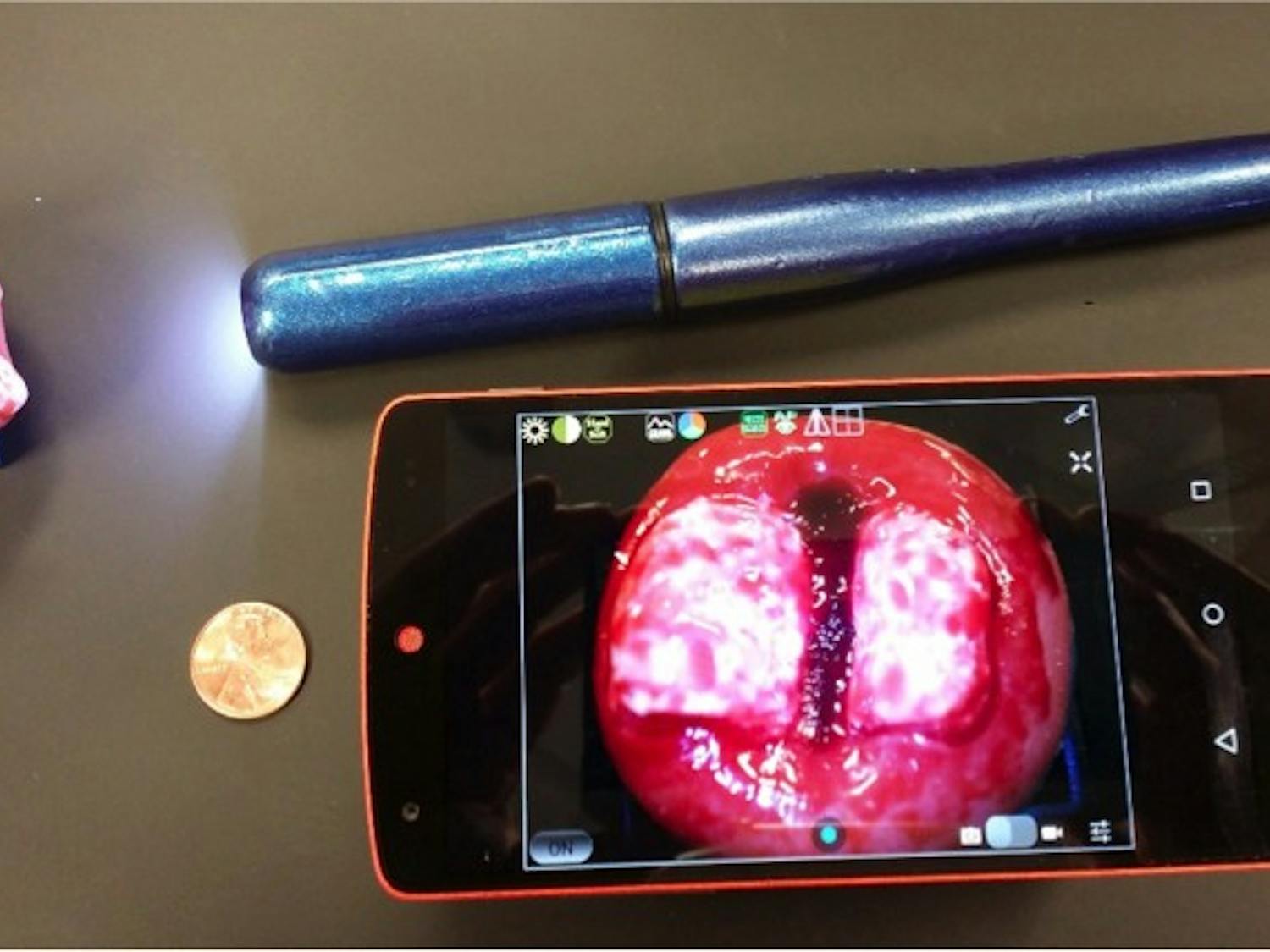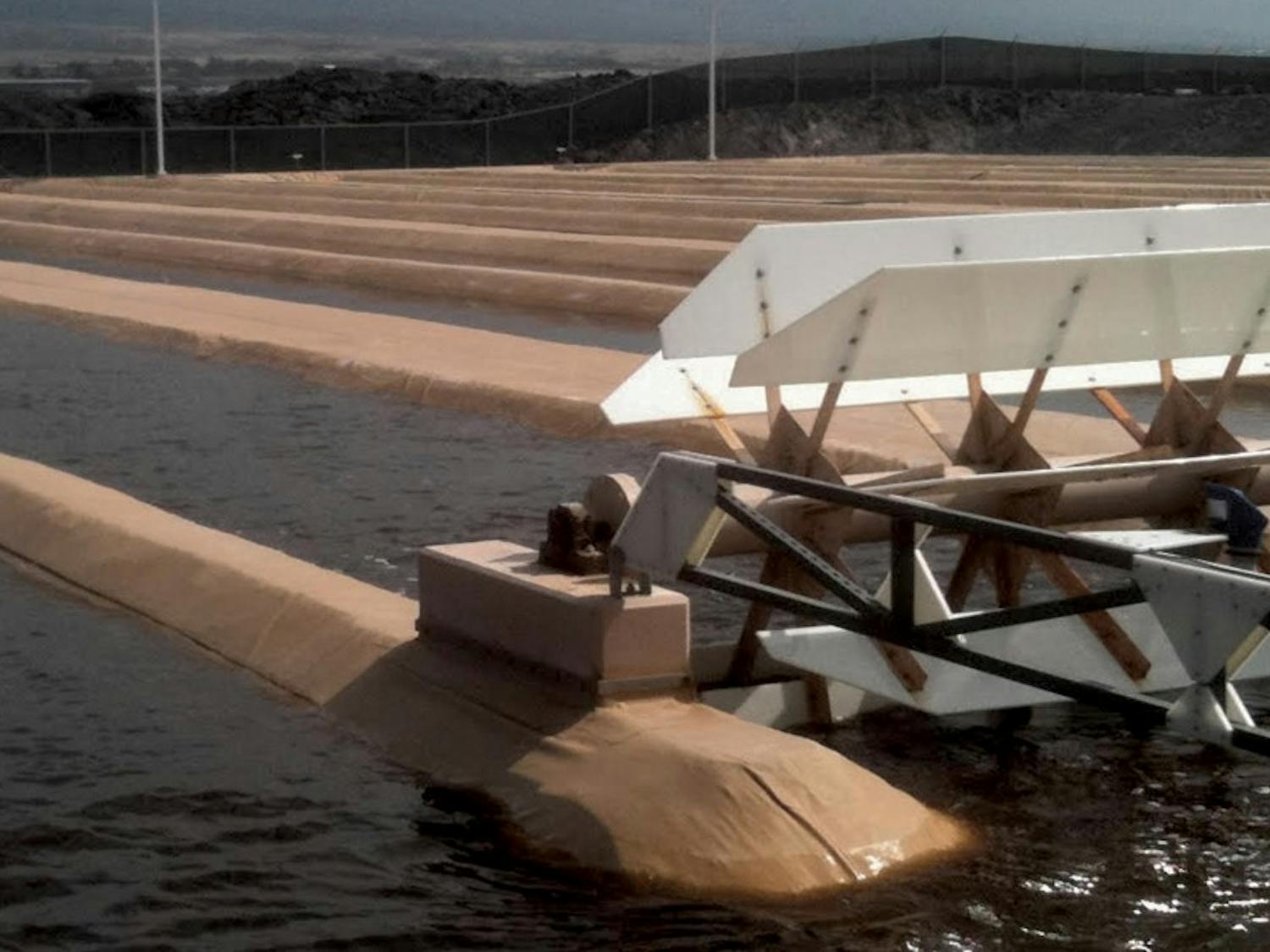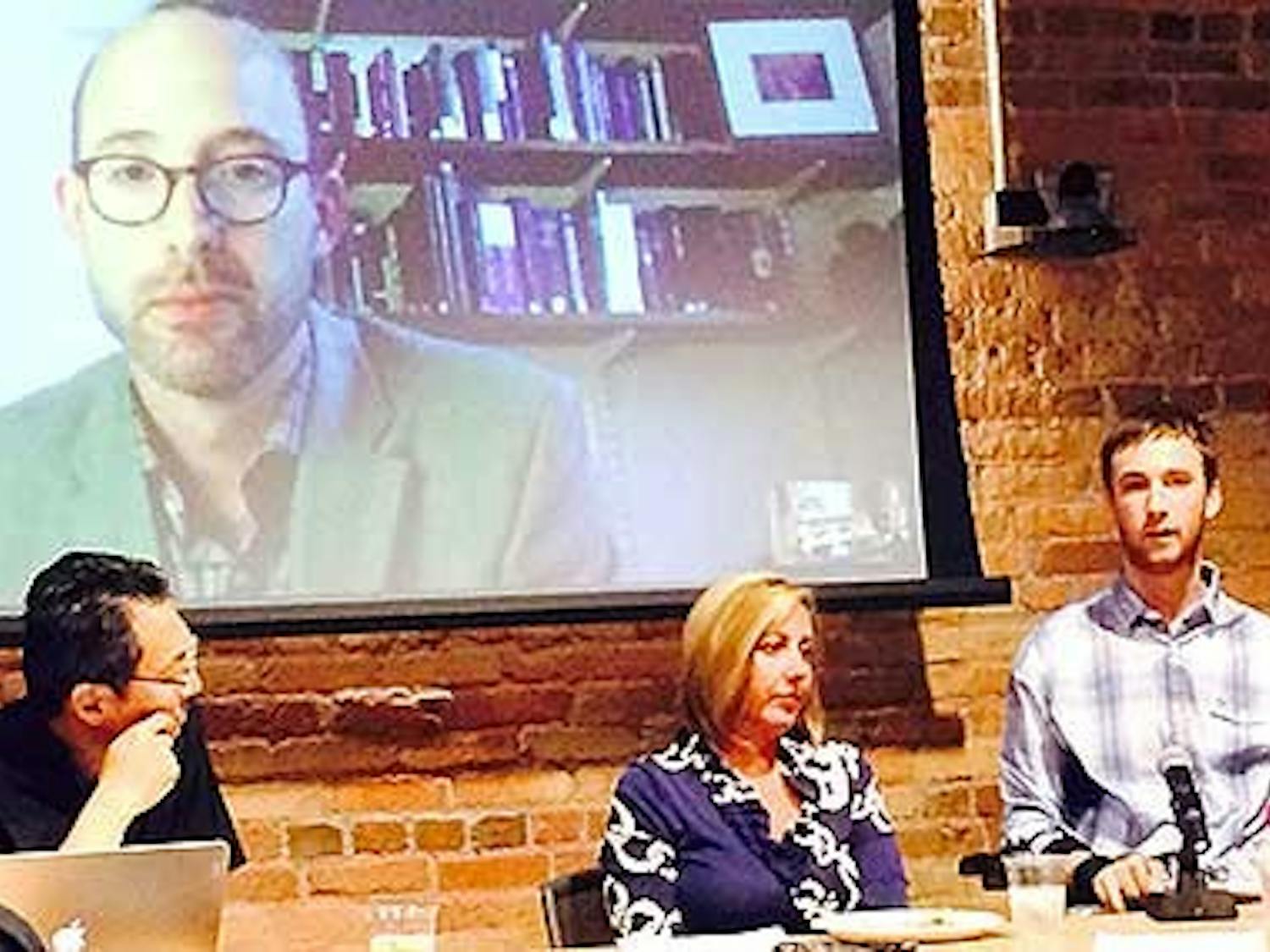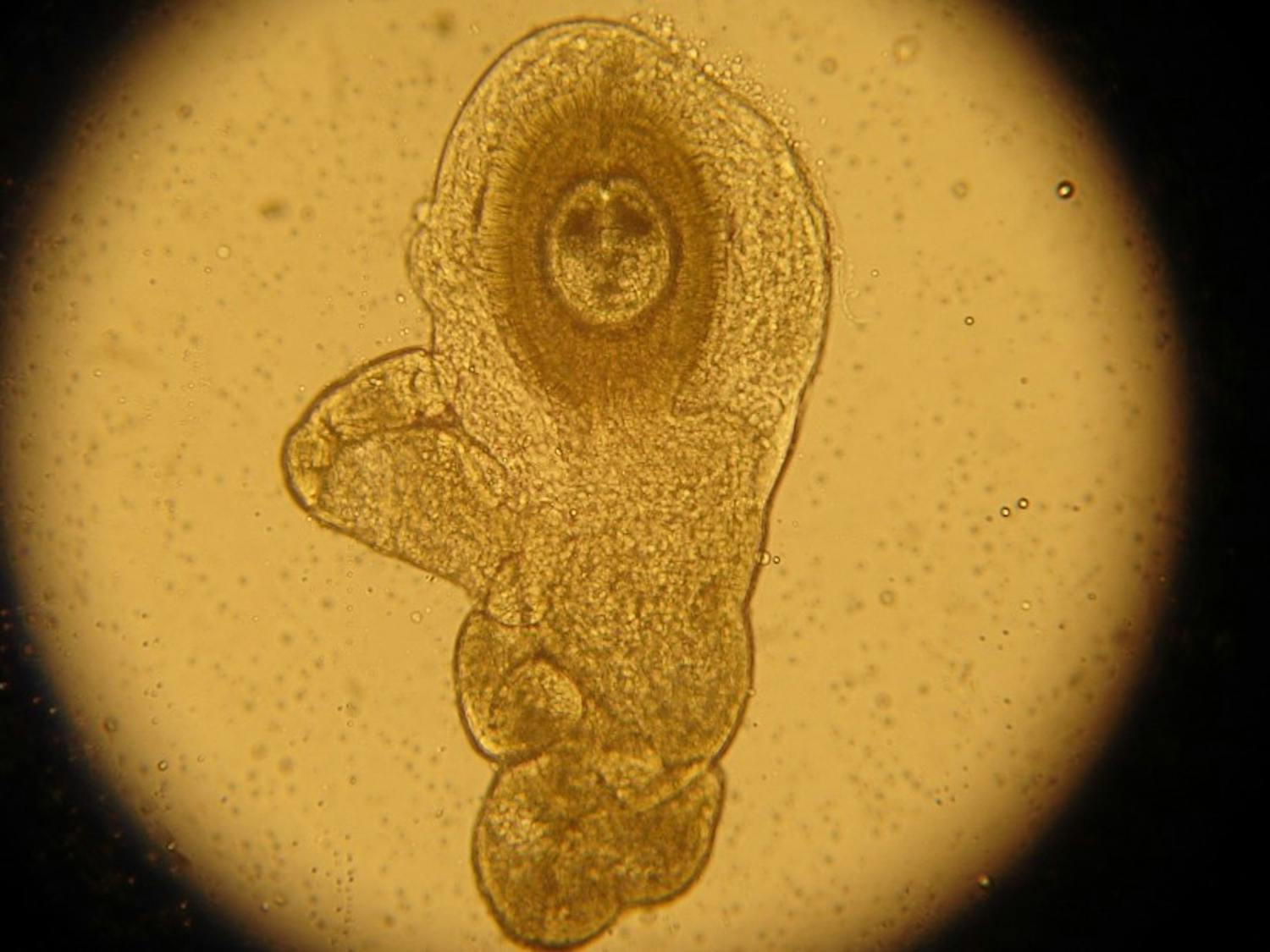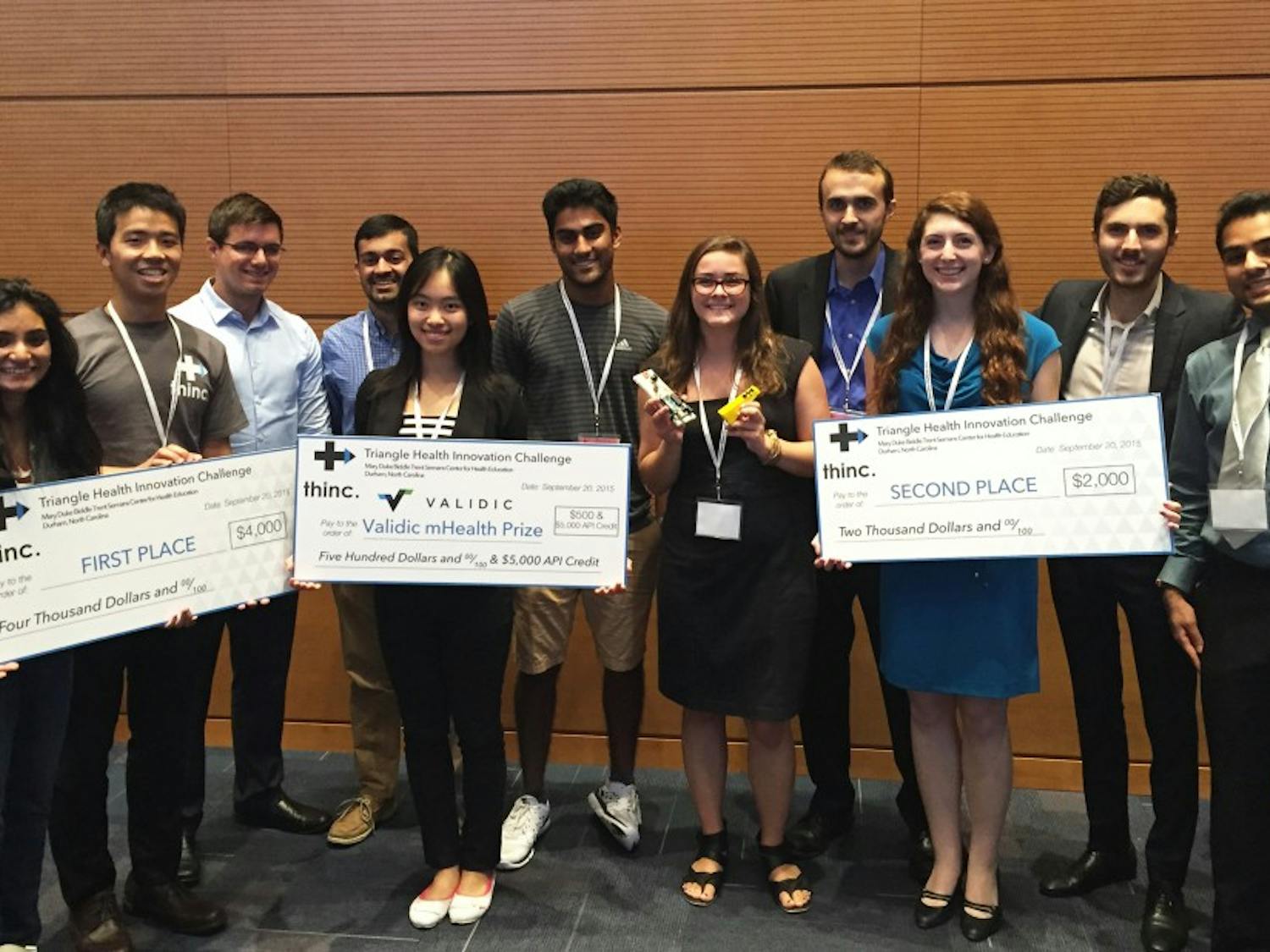Duke profs improving access to cervical cancer diagnostic tools
By Teresa Meng | October 26, 2015Duke University professors have been awarded a total of $3.7 million from the National Institutes of Health to fight cervical cancer in developing countries.

